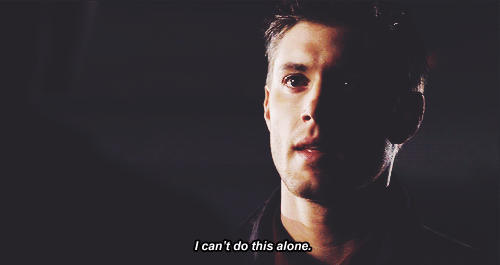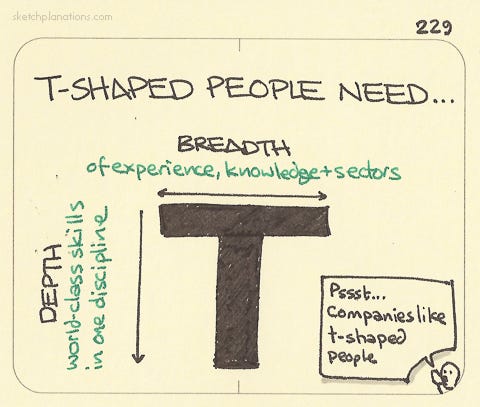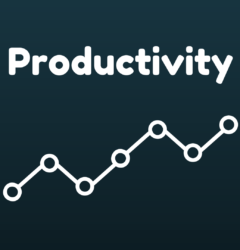Why Every Startup Needs A Product Manager
22 Jan

Table of Contents
ToggleStartups are double-edged swords. While they have tremendous scope of growth, the risk of failure and the pressure to “make it” is also immense. Countless new startups are surfacing each year now, changing the face of the entire international business and the very essence of how we go on with our daily lives.
Starting your own startup is “the hot thing” to do right now. However, it requires more than just a great idea. There are so many things you need to do before you start executing the idea, and even more planning for what comes when you start building upon it.
It’s because a great idea doesn’t always lead to the creation of a great product. A lot of people have great ideas for startups, but they lack the right skill set to execute their ideas and convert them into amazing products.
To do that, the startup needs someone who lives, breathes, eats, and sleeps product; someone who has a strong vision and a sense of purpose for the product. Someone who has solid answers to questions like “Why are we doing this?” “Who are we doing this for?” “What do we want to achieve with this?”
Yes, a handful of startup founders can manage this well on their own. Others, however, need an efficient product manager.

So let’s dig deeper and find out why product managers are essential for startups.
A product manager is a T-shaped person

There are three main vertices of the product — technology, design, and business development. Conventionally, engineers focus mainly on the technical side of things, while designers try to connect the users with the technology. Business development focuses on trying to get the business out there and connect it to the users.
Admittedly, startups are more flexible when it comes to following conventional roles. More often than not, people wear multiple hats at a time, as is required in a startup because the teams are compact. However, the core responsibilities still remain the same for most team members. Some people may be working across two product vertices, but never all three.
Only the product manager operates in all three vertices of the product. In fact, he is responsible for the smooth functioning of all three. This is because the product manager is a T-shaped person — someone who has a depth of skills in one vertical and a breadth of experience across multiple disciplines.
“A good product manager must be experienced in at least one, passionate about all three, and conversant with practitioners in all.” — Martin Eriksson
The product manager keeps the startup focused
One of the most important things for a startup to have is a strong vision. The product manager makes sure the startup has a clear and strong vision of what they want to achieve, what problem they want to solve, and by what means they’re going to do it.
There are hundreds of ideas and customer requests that seem great, but the product manager disregards all the “shiny objects” and cuts through all the noise to decide what products and enhancements are to be built, based solely on market needs. His job is to keep the startup focused so they can grab good opportunities and let go of distractions, no matter how attractive they seem.
“It is vastly easier to identify market problems and solve them with technology than it is to find buyers for your existing technology.” — Barbara Nelson
Startups are essentially problem solvers, and it’s the product manager’s job to make sure they’re solving the right problem for the right people at the right time. They develop strategies that agree with both the market needs and company goals, ensuring the investment of resources in the right places. Nowadays, product managers also use product management tool that takes some burden off their shoulders. These tools come equipped with useful features that are indispensable for a team.
The product manager is the connective tissue of communication
“A product manager directs his team, he supports his team, but more than anything, he collaborates with his team.”
Conflicting inputs are quite common throughout product development. Each department has its own perceptions of market reality and product capabilities. They may also be facing some sort of limitation which cannot be fixed immediately. This can give rise to a communication gap or tension between different departments.

The product manager becomes the hub in these situations, relaying the right information between Marketing, Development, Finance, Support, and others. He resolves conflicts without compromising on the quality of the outcomes. He is responsible for maintaining trust, understanding, and collaboration between different people in the product team.
Product Management acts as the hub of product and market information for Sales, Marketing, Development, Support, Finance, Management, and other parts of the company. Without this hub, each department develops its own perception of market reality and product capabilities.
The product manager sees the bigger picture
People often deny the need for a product manager by saying things like “We already have many people who take care of these functions.”
What they mean to say is that they have many people in the organization who understand parts of the process and have knowledge about parts of the product. But that’s exactly why we need a product manager because he has a holistic understanding of the product and its vision. He sees the bigger picture which others don’t.
The product manager has the ability to translate this broader vision into decisive action.
The product manager understands limitations well
Every organization has some limitations. They can be related to the team’s output, the organization’s finances, time constraints, or anything else. The product could have some limitations of its own, or maybe the process being followed by the team presents some limitations. Whatever they are, the product manager understands them well and knows how to manage them.

“We get brilliant results from average people managing brilliant systems. Our competitors get average results from brilliant people working around broken systems.” — Fujio Cho
A product manager, for example, will never try to force the development team to make the product’s technology do things it’s not capable of doing just because the market research team is asking for the addition of a new feature.
The product manager is fair and keeps everyone’s interests in mind
Startup teams can be skewed in their composition. Many times, people from a technical background are in greater number, and others from fields like marketing and design are very few. The product manager ensures no single department is dominating the others. He doesn’t play favorites with a team or a person.
Rian van der Merwe points this out in his article, “As soon as people sense that you are not looking at all ideas equally and fairly, their trust in you will inevitably erode. And without trust, you’ll have to work a lot harder (and longer) to get people to follow your road map.”
Conclusion
The product manager, as you must have understood by now, is one of the most important people in a startup. There are numerous white spaces around a product that needs to be filled, and that is where the product manager steps in. Product management is not just any role, it’s a craft that is evolving and will continue to evolve.
The product manager is the person who is accountable for the success or failure of a product in the end. It’s an important role, and its significance will only increase as the customers’ expectations and demands rise.
Request Demo
Request a personalized demo of zipBoard to annotate, collaborate, assign tasks, and provide responsive testing when designing your website or e-learning course
Get DemoRelated Post
Recent Posts
- Why Your Team Needs a Content Feedback System (Not Just Comments in Docs) May 28, 2025
- Content Approvals Are Slowing You Down — Here’s the Fix May 26, 2025
- How to Streamline Content Review and Approval — Best Practices, Tools & Automation May 12, 2025
- What Is Content Operations? And Why It Breaks Without a Feedback & Approval System May 3, 2025
- Why Designers Need a Website Visual Feedback Tool: Improve Design Reviews & Client Collaboration April 25, 2025
©️ Copyright 2023 zipBoard Tech. All rights reserved.


